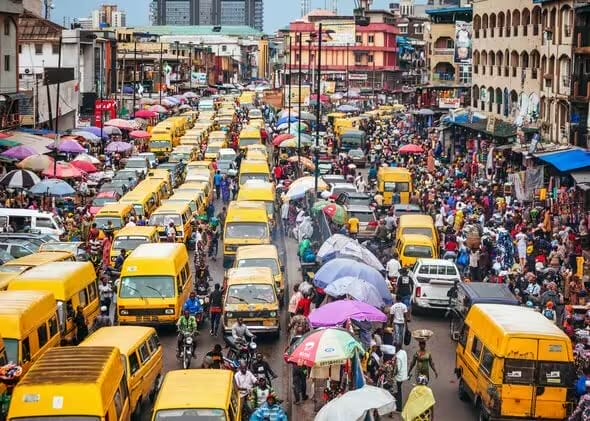The Lagos State Government has begun enforcement of its ban on single-use plastics (SUPs) under 40 microns, including thin plastic bags, plastic straws, disposable cups, cutlery, and styrofoam containers. The regulation, which came into effect on July 1 after an 18-month grace period, aims to reduce environmental pollution and promote sustainable waste management across the state.
ALSO READ: How the Forex Market Impacts Businesses: What Every Entrepreneur Should Know
While items like PET bottles, sachet water, and thicker nylon bags remain exempt, the ban has triggered immediate concerns among market traders and small-scale vendors. Many are struggling to secure cost-effective and accessible alternatives for packaging goods such as food items and fresh produce. Informal market operators, particularly in local markets like Oyingbo and Lawanson, are experiencing operational setbacks due to the absence of affordable substitute materials.
Manufacturers and packaging suppliers have raised concerns over the economic impact of the policy, warning of potential job losses and supply chain disruptions. The Manufacturers Association of Nigeria (MAN) and other stakeholders have noted that the industry requires more time and support to transition toward environmentally friendly alternatives, particularly in the absence of a comprehensive recycling or biodegradable supply network.
ALSO READ: Ethiopia to Begin Trading Under AfCFTA on July 1 Amid Ongoing Foreign Exchange Pressures
Enforcement measures under the ban include the sealing of non-compliant business premises and the confiscation of restricted plastic products. These actions fall under the purview of state environmental regulations, and penalties are being administered accordingly. The state government has stated that it intends to introduce support mechanisms to facilitate the shift, including encouraging the production and distribution of sustainable packaging options.
However, industry observers note that a lack of transitional support and awareness could undermine compliance and place additional economic pressure on informal businesses. Calls have emerged for a phased enforcement model, allowing stakeholders to adjust through investment in local alternatives and public education.
The Lagos plastic ban represents a broader shift in Nigeria’s environmental policy landscape, as the federal government considers nationwide restrictions on single-use plastics. The outcomes in Lagos are likely to influence the design and implementation of future national frameworks targeting pollution and sustainable production practices.

